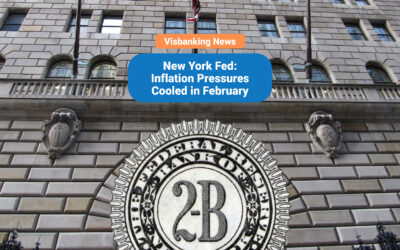By: Ken Chase.
Estimated reading time: 3 minutes
For weeks, U.S. administration officials have insisted that a recession was “not inevitable,” in response to growing concerns that the reported decline in first quarter GDP might have been a strong signal that the country was heading into an economic downturn. Recent data from the Atlanta Fed, however, suggests that the U.S. economy may be on track for a second successive quarter of negative growth.
According to many experts, the economy is technically in a recession when it experiences two consecutive quarters of negative or flat growth. And though recessions can occur even without two negative-growth quarters, it is important to note that there has not been a period in the last seven decades in which growth has contracted in successive quarters without a recession.
The Atlanta Fed’s tracking data has shifted dramatically in recent weeks. In mid-June, the Fed tracker indicated that second quarter growth was on pace to land in positive territory, at 0.9 percent growth. By June 30, that estimate had changed to -1 percent growth. The latest estimate indicates that the economy may contract by as much as 2.1 percent in the second quarter if current trends continue.
The Atlanta Fed relies on a forecasting model called GDPNow to estimate GDP growth in real time. That model is similar to one used by the U.S. Bureau of Economic Analysis and provides a “running estimate of real GDP growth based on available economic data for the current measured quarter” – without any of the subjective adjustments used in many other government estimates.
The most current projection could change in the coming weeks, of course. At the same time, however, the Federal Reserve has already signaled its intent to continue to raise interest rates until inflation is reined in, which is likely to put additional pressure on economic growth.
Moreover, the Atlanta Fed’s track record has been stellar since it started using the GDPNow model in 2011. In the eight years prior to the pandemic, the model has been almost entirely accurate in its forecasts. In addition, the modeling has shown that it gets more accurate toward the end of any given quarter, as its available data set expands over time.
In the end, officials who denied that a recession was not inevitable may be proved correct, but the currently available data and forecasts suggest otherwise. The next publicly available release of GDP data is currently scheduled for July 28, roughly three weeks from now.




